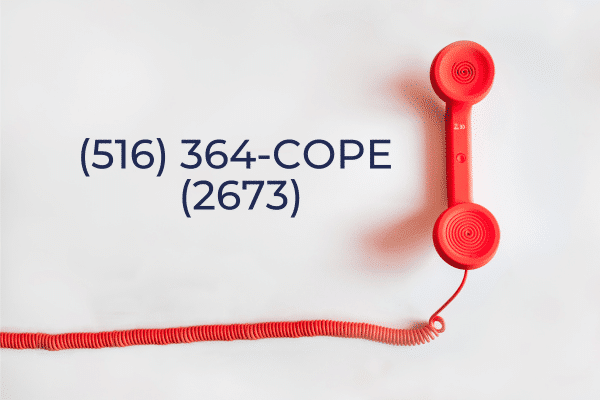How COPE Can Help You
Those of us living with the loss of a loved one are often left to deal with our pain alone.
Having experienced profound loss ourselves, COPE families understand the pain, frustration, and isolation those in mourning often experience.
COPE connects individuals who have experienced similar losses by offering ongoing emotional support, sensitive and therapeutic programs, and appropriate resources and referrals. By providing help and support, we enable grieving individuals to find strength from within to face the difficult journey that lies ahead.
Upcoming Events
Connect With COPE
Recent News

Parent Column – May 2024
Joshua Quinn...

Healing Tip – April 2024
The month of April holds National Siblings’ Day on April 10. This day is set to celebrate and...

Healing Tip – March 2024
March is Social Worker Appreciation Month and has Creative Arts Therapy Appreciation Week! And...
In Memory
COPE Memorial Labyrinth
With dedicated bricks supporting COPE and the grieving community
Memory Wall
Add a message for your loved one.
Honoring Our Loved Ones
Share a picture of your loved one




